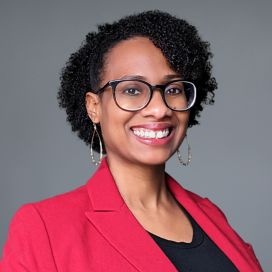Improving Language Access in Oregon’s Health Care System

Problem
Oregon faces persistent challenges in ensuring meaningful language access across its health care system.
The Oregon Health Authority (OHA) is working to improve access to care for all residents, including individuals who prefer a language other than English and those who are deaf or hard of hearing. Despite the existence of the Health Care Interpreter (HCI) program and performance metrics tied to language access, providers and coordinated care organizations (CCOs) continue to face barriers such as interpreter availability, billing complexity, and patient preferences for familiar interpreters. These challenges can limit patients’ ability to receive accurate health information and fully participate in their care. OHA sought a partner to develop educational resources and training materials that would help providers better understand and implement meaningful language access services, navigate the HCI program, and meet the requirements of the Meaningful Language Access metric.
Solution
NORC is developing a plain language workbook, a webinar, and short learning modules to help providers improve communication with all patients.
To support OHA’s goals, NORC is using its experience in provider education, instructional design, and inclusive communication strategies to develop a workbook of guidance materials, a webinar, and a series of recorded modules tailored to Oregon’s health care providers. These resources translate complex policy and regulatory requirements into accessible, actionable content and apply adult learning principles and plain language strategies to ensure clarity and usability. The materials address key topics such as interpreter credentialing, billing for interpretation services, and performance metrics.
Result
The NORC-developed materials will help Oregon providers improve communication and meet program goals.
The project will equip Oregon health care providers with practical tools to navigate the HCI program and meet the Meaningful Language Access metric. The workbook, webinar, and recorded modules will offer clear guidance on interpreter use, billing practices, and performance reporting. These resources will support providers in delivering effective, person-centered care and ensuring that all patients can understand and participate in their health care. The initiative can serve as a model for other states seeking to improve communication access and strengthen provider capacity.
Related Tags
Project Leads
-
Ilana Dickman
Senior Research DirectorProject Director -
Petry S. Ubri
Senior Research ScientistSenior Advisor








